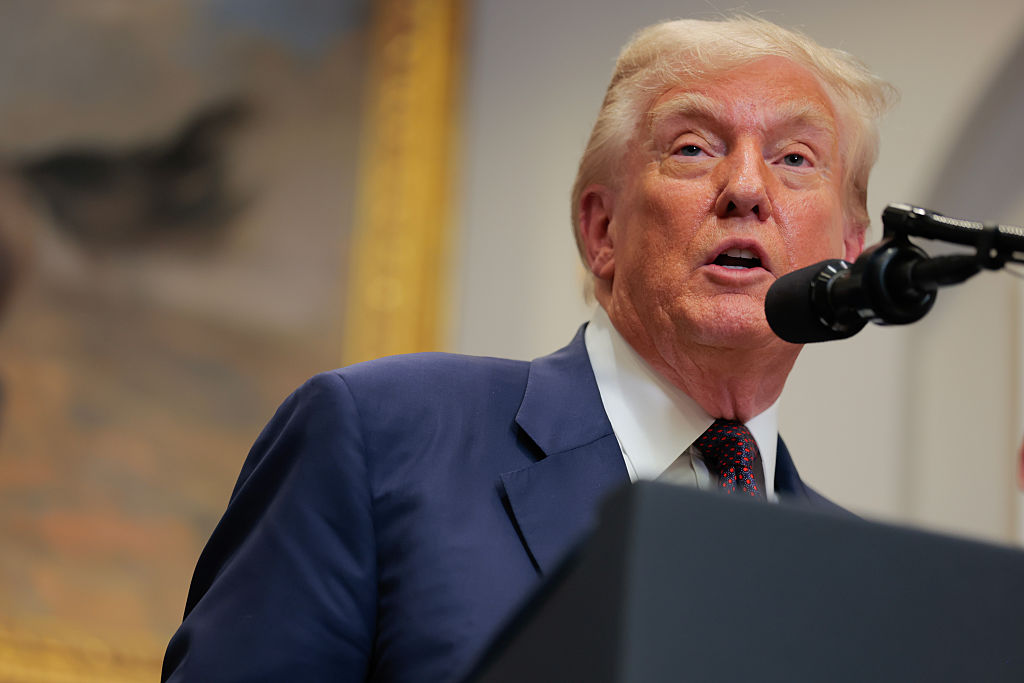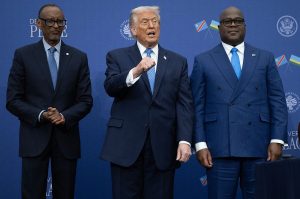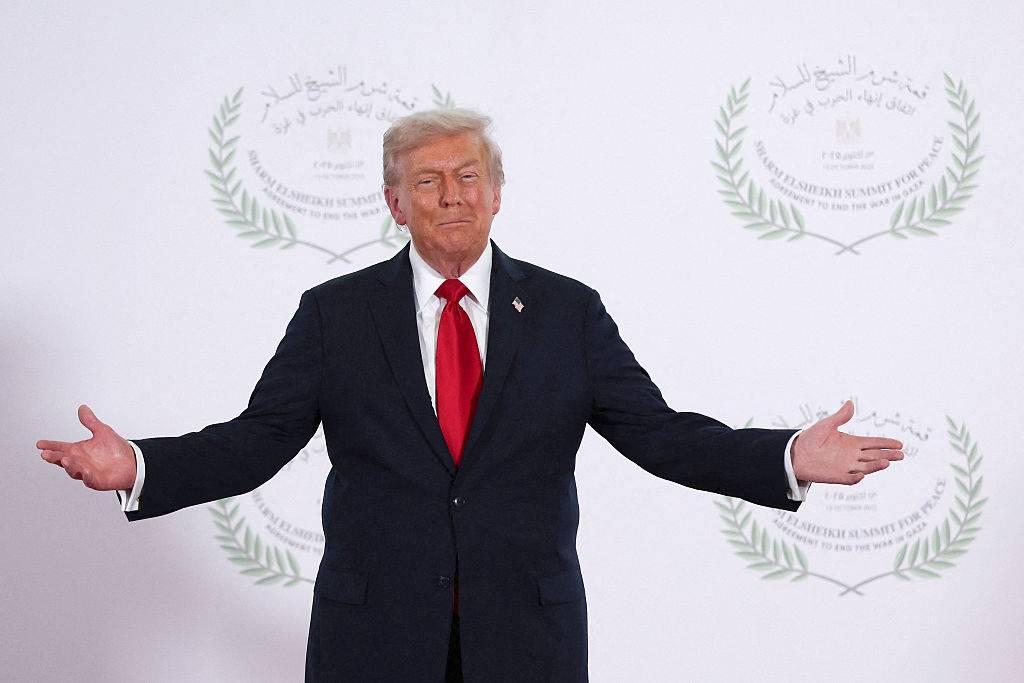Senator Ted Cruz isn’t giving up. Cruz, who believes that the Muslim Brotherhood serves as the “key foundation stone for radical Sunni terrorism,” has just reintroduced – together with five Republican senators and bipartisan support in the House of Representatives – the Muslim Brotherhood Terrorist Designation Act, which he first proposed in 2015. Cruz is no stranger to controversy when it comes to Islam: in March 2016, following a terrorist attack in Brussels, he said that it was imperative to “patrol and secure Muslim neighborhoods” in America before they became radicalized.
Now he is reupping his call to focus on the Muslim Brotherhood. Founded in Egypt in 1928, it is a dangerously militant Islamic organization with affiliates around the globe. While the US State Department has designated some branches of the Brotherhood as terrorist organizations, it has not targeted the main group. Has the moment arrived to take a stand?
A growing chorus of voices is arguing that it has. According to Andrew McCarthy in National Review, “Ted Cruz understands the threat and is distinguishing himself by charting a very different policy direction. It will serve him well. And it would serve the country well.” Writing in the Middle East Forum, Jim Hanson agreed: “The Muslim Brotherhood represents a danger to the civilized world and designating it a Foreign Terrorist Organization will help curb its influence. An indication that this is a correct move can be seen in the actions of Egypt, Saudi Arabia, the United Arab Emirates, Bahrain and Jordan. These countries all know the Brotherhood well; each has designated the Brotherhood as a terror group.”
These apprehensions about the Muslim Brotherhood are not the sole province of American conservatives. As early as 1948, King Farouk of Egypt banned the group. Today, alarm about the Brotherhood exists in France, where President Emanuel Macron is seeking to address the threat of Islamic radicalism. In May, a state-commissioned report on the Muslim Brotherhood was leaked, and its conclusions caused a furor. It stated that “political Islam” posed a mounting danger to the democratic values of the French republic. “The reality of this threat,” the report declared, “even if it is long-term and does not involve violent action, highlights the risk of damage to the fabric of society and republican institutions.”
Critics of Cruz’s motion contend that it will boomerang, stirring up more hostility toward America in the Islamic world and stoking broader fears about Islam. Dov Zakheim, the former undersecretary of defense in the George W. Bush administration, observes that the claim that singling out the Brotherhood would promote Islamophobia is misplaced – the Brotherhood is already banned by a welter of countries, including Saudi Arabia, Bahrain, Jordan and the United Arab Emirates.
The pressure is building in Congress. In early June, Congresswoman Nancy Mace introduced the Muslim Brotherhood Is A Terrorist Organization Act. “The Muslim Brotherhood doesn’t just support terrorism, it inspires it,” said Mace. “President Trump was right when he said the Muslim Brotherhood is a threat to global security, and it’s long past time we call them what they are: terrorists.”
Will Trump act to try and counter a pernicious ideology that has brought destruction to so many lives? The President has a history of taking bold action in the Middle East, from the assassination of Iranian major general Qasem Soleimani to bombing Iranian nuclear facilities to meeting with interim Syrian president Ahmed al-Sharaa. He has a variety of choices, from issuing an executive order banning the Brotherhood to imposing Treasury sanctions. With bipartisan backing in Congress, it seems more likely than ever that Trump will seek to target the Muslim Brotherhood for destruction.


























Leave a Reply